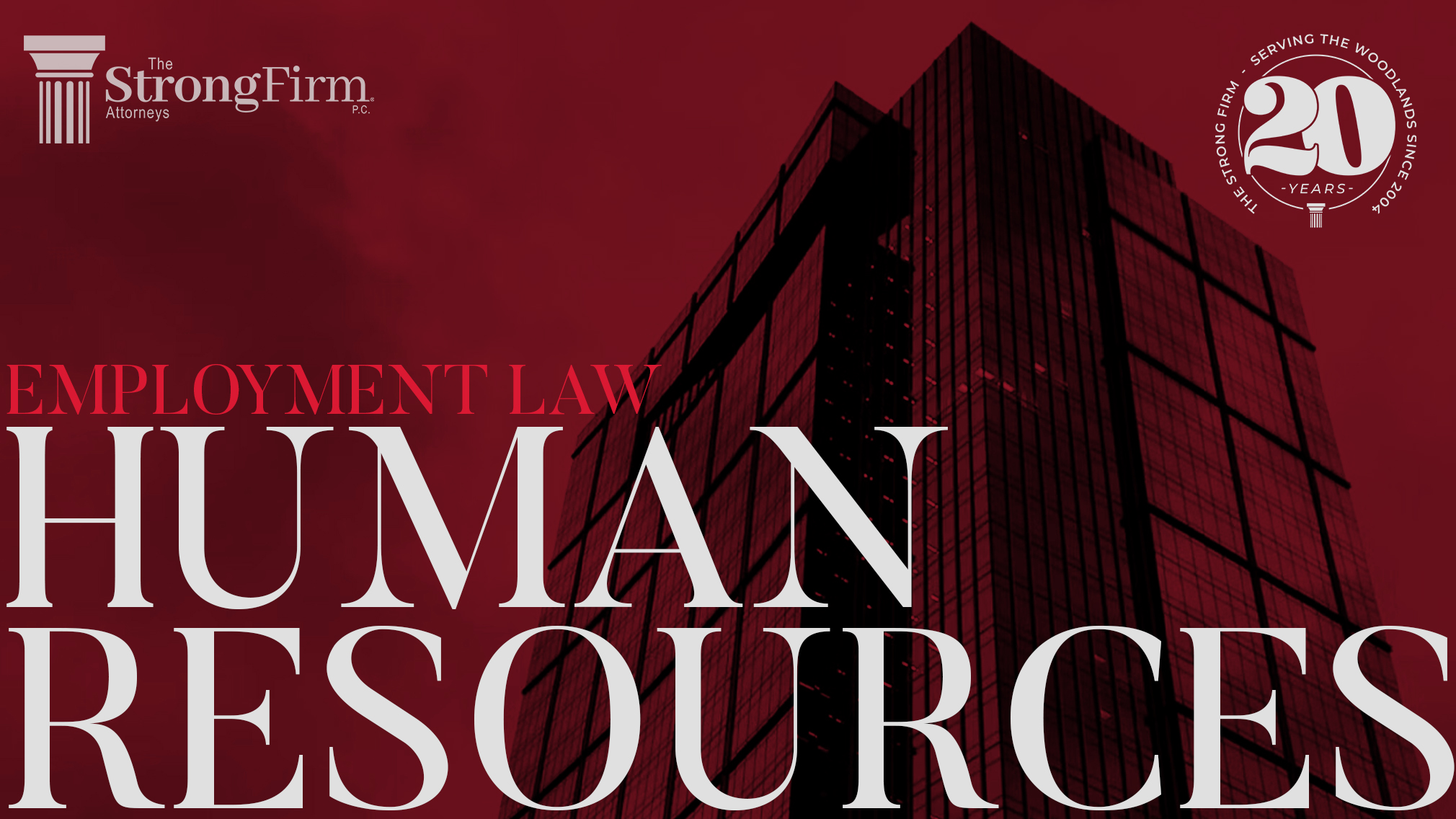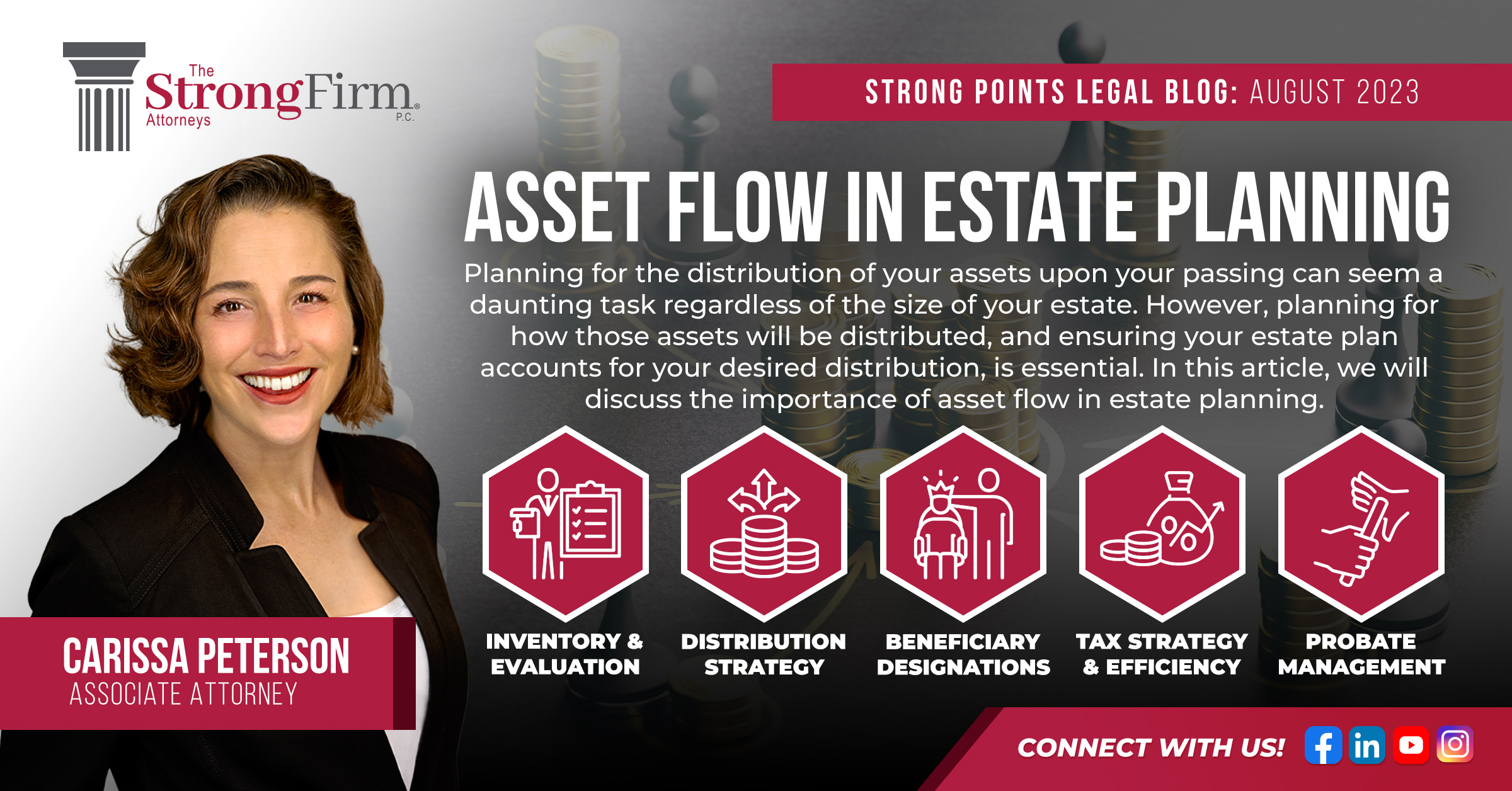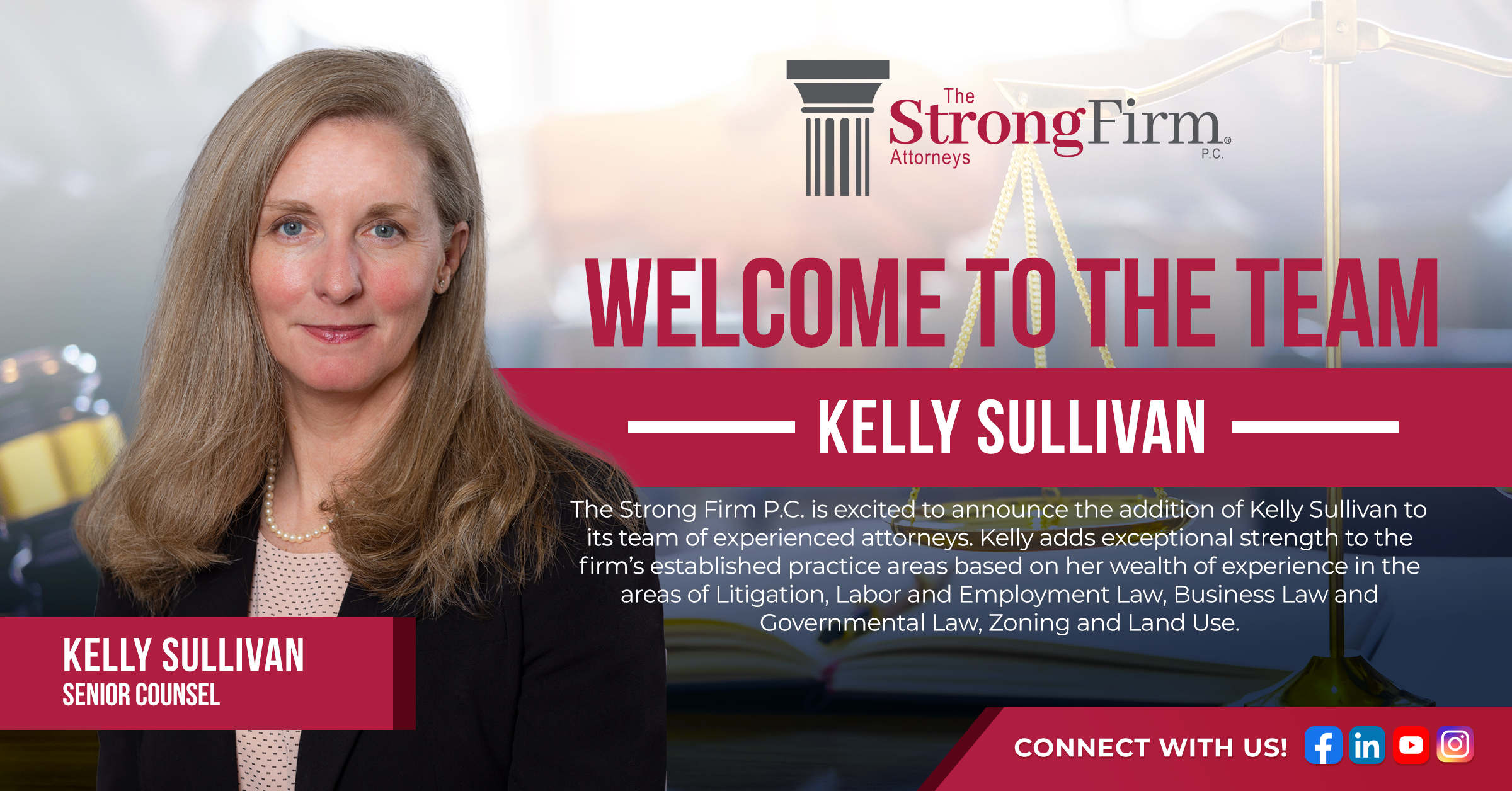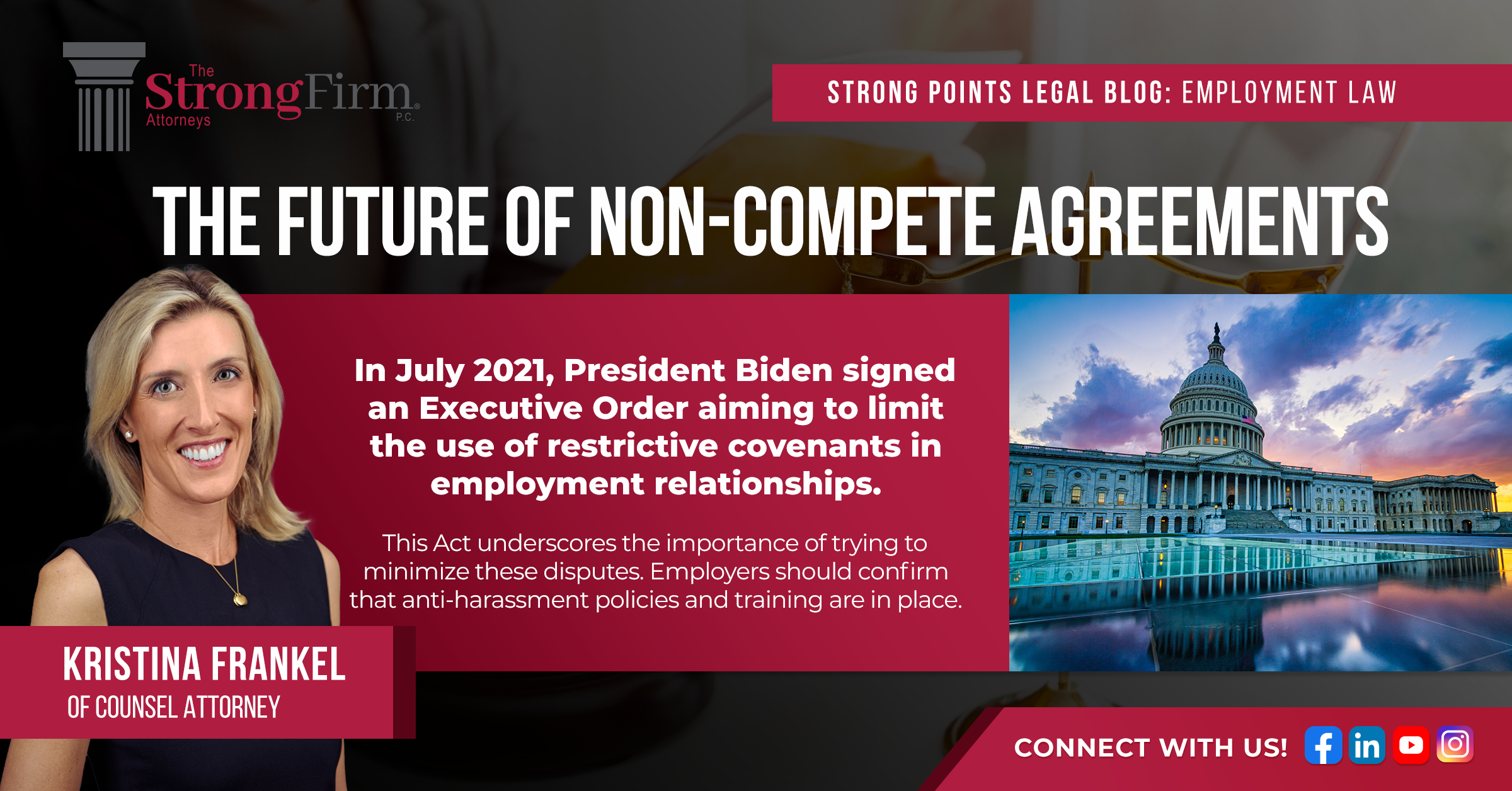Client: “I’m buying a foreclosure property.”
Attorney: “OK, when is the sale?”
Client: “Tomorrow”
Attorney: “Have you completed any due diligence on the property?”
Client: “Well…I drove past the property a couple of times.”
Attorney: [after a long pause] “I am going to take that as a no.”
What is a “foreclosure sale?”
Typically, when a person says they are buying “a foreclosed property” or “a foreclosure property” they mean they are purchasing a property being sold at a foreclosure sale, which is a public auction of commercial and residential properties (either by the bank, the taxing authority or a property owners association), that takes place at the county courthouse on the first Tuesday of each month. However, buying a foreclosure property can also mean buying a property that has already been obtained by a bank at the foreclosure sale, and the property is now privately offered for sale by the bank. A “foreclosure property” can also mean a sale that takes place before the property is actually foreclosed upon in what is typically called a “short sale” or a “pre-foreclosure sale.” This article will focus solely on the purchase of a property at a foreclosure sale at the county courthouse.
What are the risks?
- No access for inspection. The potential buyer will likely have little or no access to the property to conduct any type of physical inspection or due diligence. This is particularly true when the owner or tenant is still occupying the property prior to the foreclosure. A buyer may try gaining access to the empty property to conduct a physical inspection, but doing so without the express consent of the owner is not advisable as this is considered trespassing.
- The property may still be occupied. As discussed above, the property being foreclosed upon may still be occupied when the foreclosure takes place. Though obtaining the title to a property at a foreclosure sale gives the buyer ownership of the property, the current occupants may not be willing to move out since they are likely occupying the property pursuant to a valid lease. In this case, the new owner may have to go through the courts to obtain a legal eviction.
- Potential decrease in property values. Particularly in residential neighborhoods, a foreclosure on a property can decrease the resale values of surrounding properties, especially when there are a number of foreclosures in close proximity around the same time. While this can be good for the buyer by lowering the purchasing price, those same foreclosures will decrease the value of the property in the short term if the buyer tries to sell the property for a quick profit. The decreased values may also negatively impact the property if the buyer intends to hold the property as a long term investment.




























